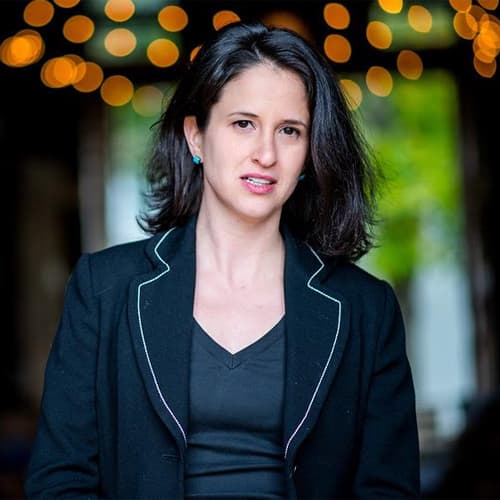Advertisement
French Kissing For Science And Sharing More Than Romance
That kiss last night? You may have left with more than butterflies. According to Dutch researchers, the average 10-second french kiss can result in the exchange of around 80 million pieces of bacteria.
And they have the data to prove it.
Twenty-one couples recently volunteered to kiss for science. This all went down at the Amsterdam Royal Artis Zoo in 2012. The Dutch researchers studying bacteria surveyed the kissing habits of each partner in each couple with questions like, "How often do you kiss? and "When did you last kiss?" Researchers then swabbed each partner's tongues for "salivary microbiota," before and after a “controlled kissing experiment" (read: a tightly timed 10 seconds).
Then there was a second kiss. One member of the couple was asked to swig some probiotic yogurt beforehand. This made it easier to look at the bacteria from the yogurt both on the tongue of the person who drank it — and the tongue of the person who didn't.
So what do we learn?
Turns out shared microbiota can actually survive on another person's tongue. Samples of oral flora from the partner were more similar than those drawn from randomly selected passersby.
But despite this robust sharing of bacteria, not all of it is there to stay. Professor Remco Kort of the Netherlands Organisation for Applied Scientific Research (TNO), the group that conducted the study, told the BBC that "only some bacteria transferred from a kiss seemed to take hold on the tongue."
Kort explained that in the end, kissing may be the least important factor. "It didn’t matter whether the couples said they french kissed nine times a day or nine times a year. Obviously, there are other important factors involved such as sharing the same diet or using the same toothpaste for example.” Nevertheless "these types of investigations may help us design future bacterial therapies and help people with troublesome bacterial problems."
Now this knowledge can be yours. The researchers partnered with Micropia, the world's first microbe museum, to create an exhibit called the "Kiss-O-Meter" which allows couples to take a look at their own shared bacteria.
How romantic.
